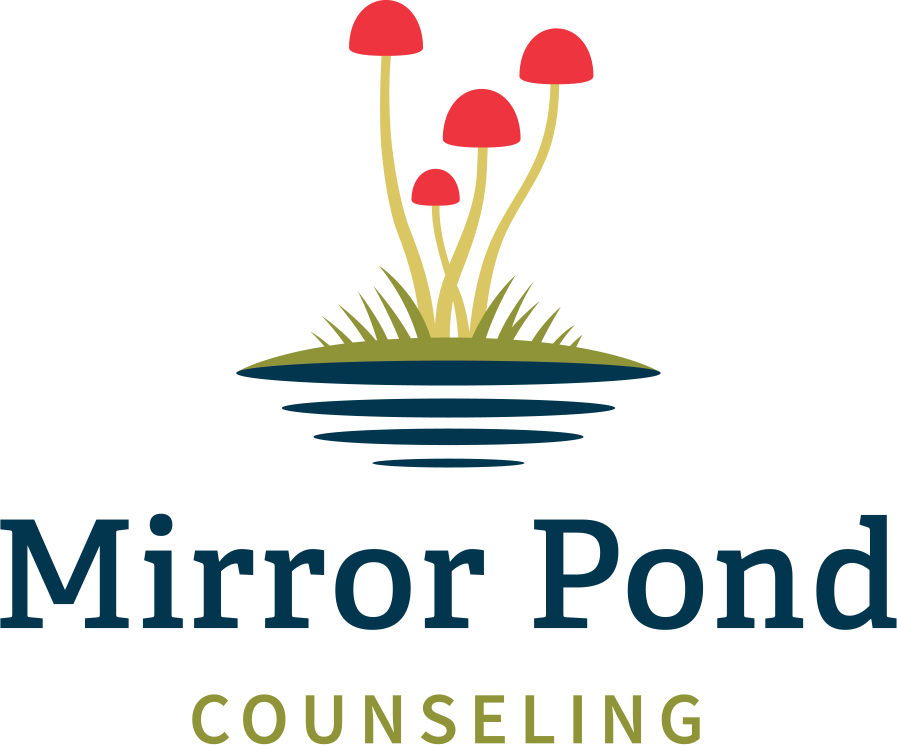Understanding Ketamine Therapy: New Hope for Depression and PTSD
In recent years, mental health treatment has been evolving, opening doors to innovative therapies that offer new hope to those grappling with conditions like PTSD (Post-Traumatic Stress Disorder) and depression. Among these groundbreaking treatments is ketamine therapy, a once-controversial approach that is gaining traction for its potential to provide rapid relief for individuals who have struggled with traditional therapies. In this blog, we'll explore what ketamine therapy entails, how it works, and why it might be a beacon of hope for many.
What is Ketamine?
Originally developed as an anesthetic in the 1960s, ketamine has been used for various medical purposes, including pain management and sedation. However, in recent years, researchers have discovered its remarkable effects on mood disorders, particularly PTSD and depression. Unlike conventional antidepressants that can take weeks to notice an effect, ketamine can provide rapid relief, often within hours.
How Does Ketamine Therapy Work?
Ketamine therapy typically involves the administration of a low dose of ketamine in a controlled medical environment. The treatment can be delivered through intravenous infusion, intranasal spray, or oral routes. During a session, patients often experience a dissociative state, where they may feel detached from their bodies or surroundings. While this may sound unsettling, many find it to be a profound and transformative experience.
The exact mechanism by which ketamine alleviates symptoms of PTSD and depression is still being studied, but it is believed to act on the brain's glutamate system, promoting neuroplasticity—the brain's ability to adapt and change. By facilitating new connections between neurons, ketamine may help patients break free from negative thought patterns and emotional responses associated with their conditions.
Benefits of Ketamine Therapy
1. Rapid Relief: Many patients experience significant improvements in their symptoms within hours or days, making ketamine therapy a promising option for those in acute distress.
2. High Efficacy: Studies have shown that ketamine can be effective for individuals who have not responded to traditional treatments, offering a second chance for recovery.
3. Minimal Side Effects: While side effects can occur, they are generally mild and temporary. Common side effects include dizziness, nausea, and a sense of disconnection, which usually resolve quickly.
4. Adjunct to Other Therapies: Ketamine therapy can complement other therapeutic approaches, such as cognitive-behavioral therapy (CBT) or talk therapy, enhancing overall treatment outcomes.
What to Expect During Treatment
If you're considering ketamine therapy, it's essential to consult with a qualified healthcare provider who specializes in this treatment. Initial assessments typically involve a comprehensive evaluation of your mental health history and current symptoms.
During the treatment sessions, you’ll be monitored closely, ensuring your safety and comfort. Many patients describe the experience as introspective, sometimes leading to breakthroughs in understanding their trauma or depression. After the session, you might feel a sense of calm and clarity.
The Future of Ketamine Therapy
As research continues to unfold, ketamine therapy is paving the way for further advancements in the treatment of mental health disorders. While it may not be a one-size-fits-all solution, it has undoubtedly opened new pathways for those seeking relief from the heavy burdens of PTSD and depression.
Ketamine therapy is not just a trend; it's a promising frontier in mental health care. If you or someone you know is struggling with PTSD or depression, it may be worth exploring ketamine therapy as a potential option. Always remember to seek guidance from a healthcare professional to determine the best course of action for your individual needs.
Mental health is a journey, and it's important to know that hope and healing can be found, even in the most unexpected places. You are not alone, and there are resources and treatments available to help you navigate your path to wellness.
Feel free to share this blog to spread awareness about ketamine therapy and its potential to change lives for those facing the challenges of depression and PTSD!
To speak with one of our trained psychedelic clinicians, please email appointments@mirrorpondcounseling.com or call (541) 668-7558.
